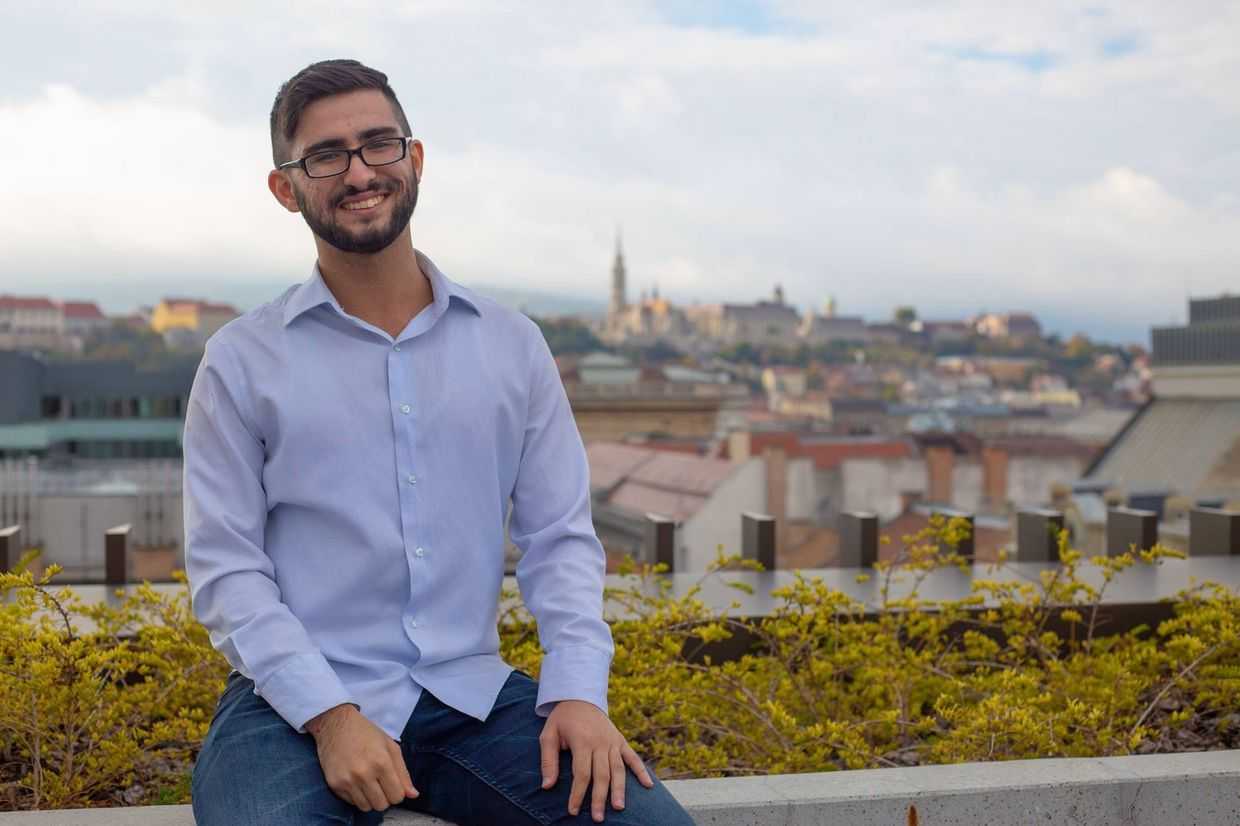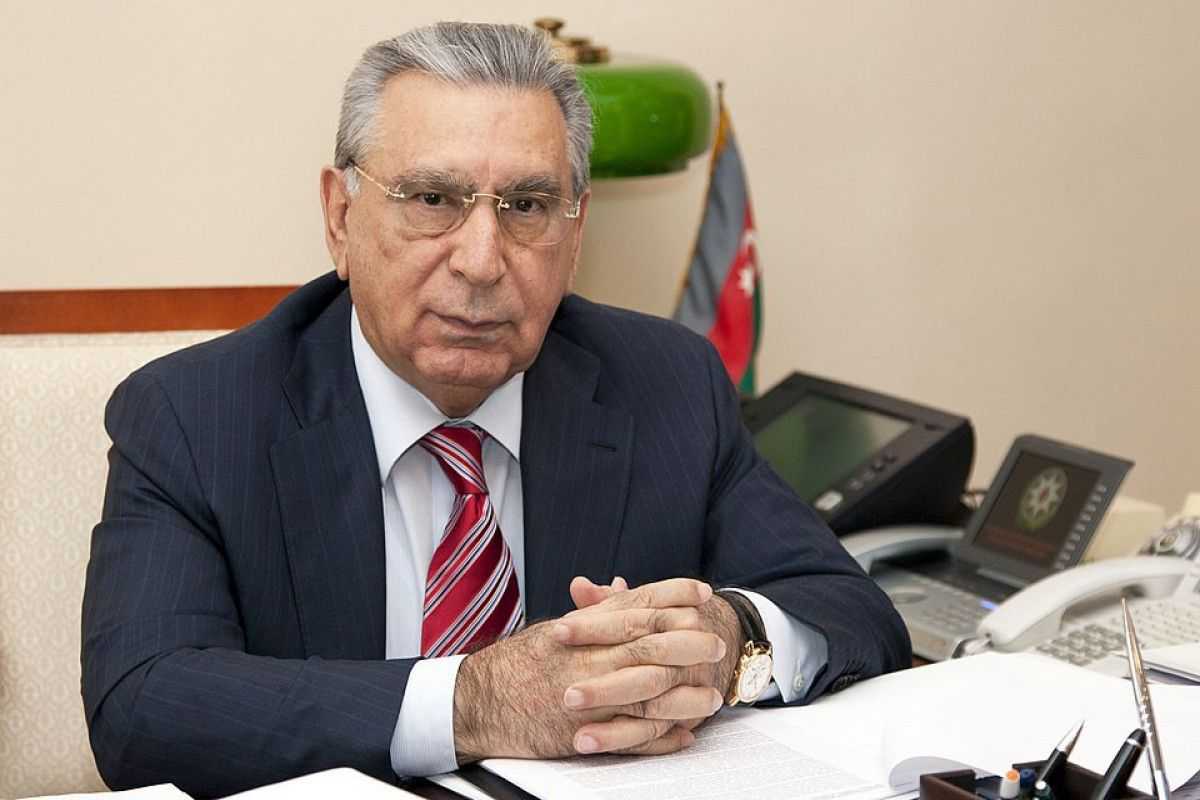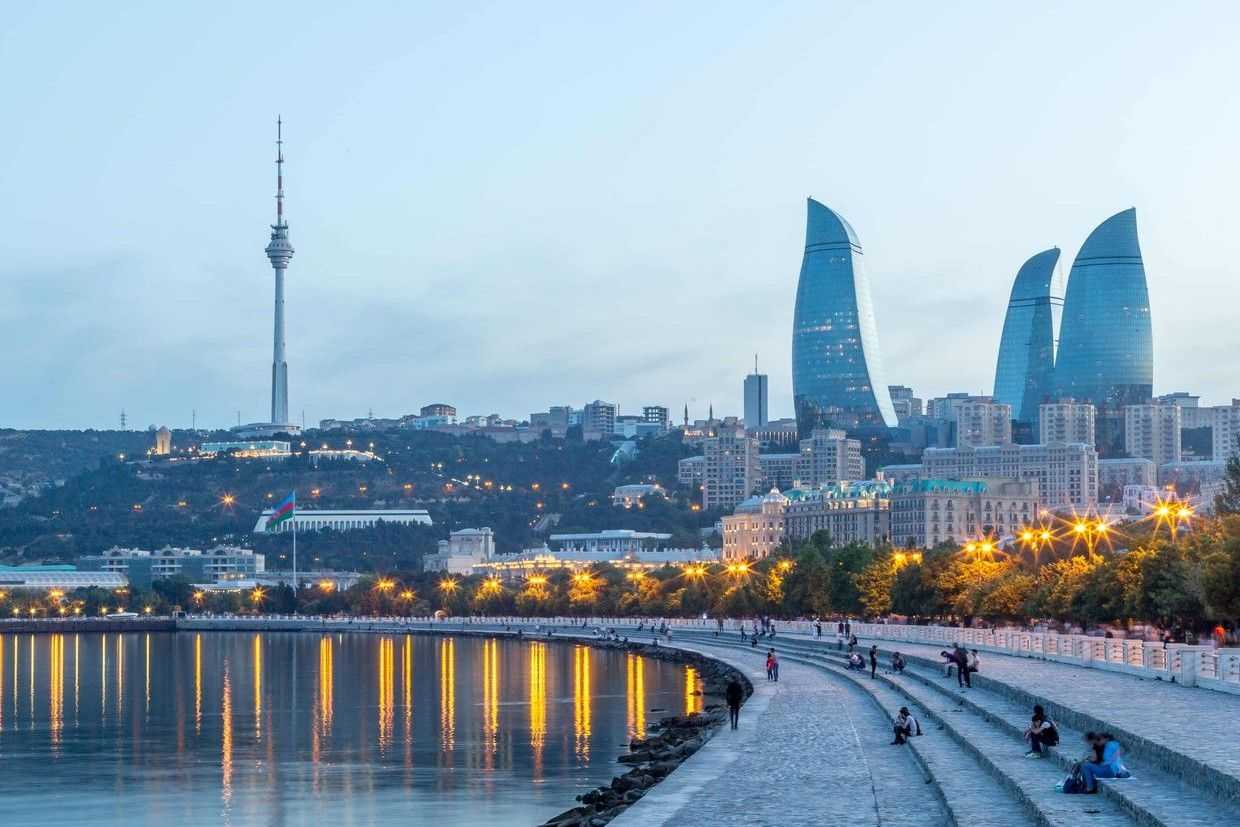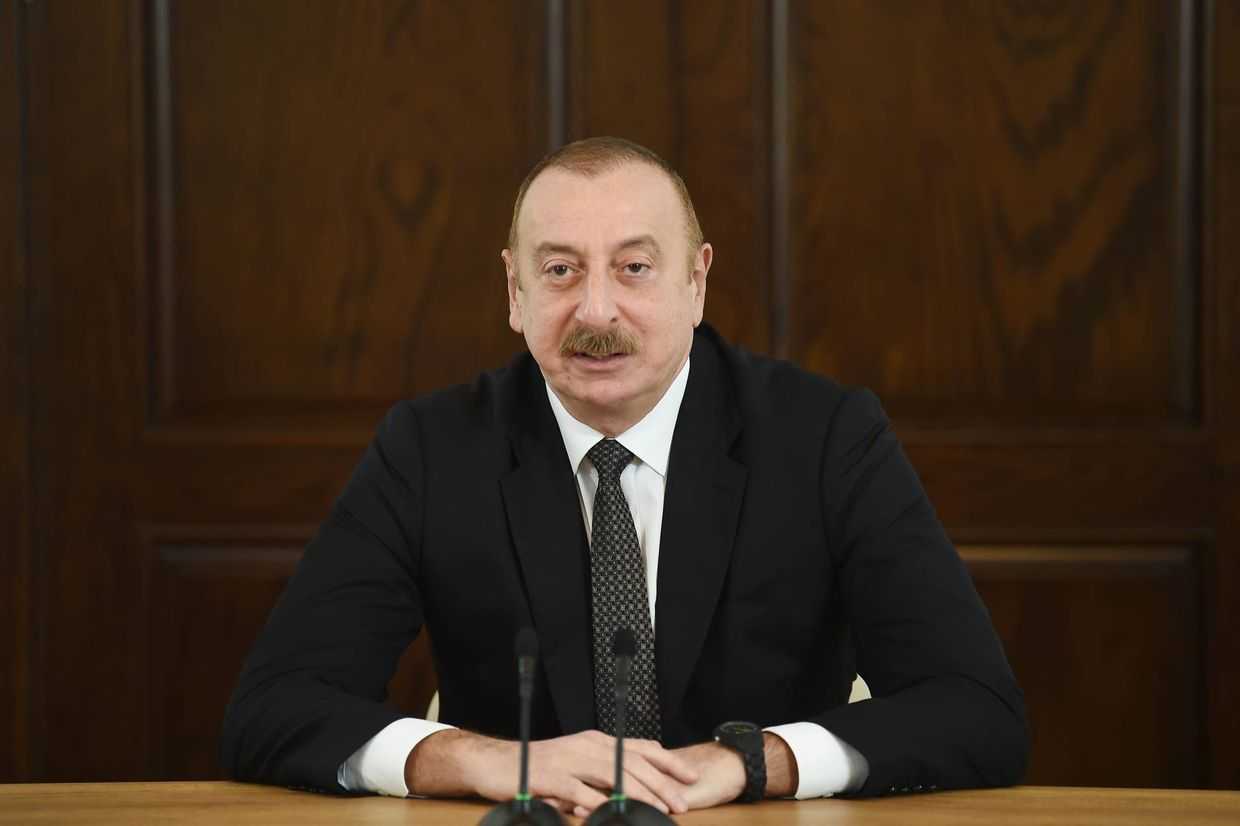
Energy officials from Azerbaijan and Georgia have held talks with their Hungarian and Romanian counterparts regarding a green energy pipeline connecting the South Caucasus and the EU. However, the project faces delays due to a lack of certainty over funding.
Meeting on the sidelines of the COP29 summit in Baku, ministers from the four countries discussed their intention to lay hundreds of kilometres of fibre optic cable under the Black Sea for a project they say will promote both green transitions and energy security.
‘It’s symbolic that one of the COP29 energy initiatives is […] green energy corridors’, Azerbaijan’s Minister of Energy, Parvis Shahbazov, said at the opening of the meeting.
The meeting is the ninth between the four countries since the inauguration of the project in 2022, as the EU sought to decrease its reliance on Russian gas in the wake of Russia’s full-scale invasion of Ukraine. During the war, energy prices jumped across the bloc as it searched for alternative methods for powering its energy grid.
‘It’s absolutely critical for us to develop these routes, these corridors… not just for energy security, but also for energy competitiveness,’ Romanian Energy Minister Sebastian Ioan Burduja said, stressing the significantly higher price of electricity in Hungary and Romania compared to their Western European counterparts.
The two countries hope to use Georgia as a transit point to Azerbaijan, which is seen as a major potential producer of renewable energy through offshore wind farms in the Caspian Sea.
More than half of additional renewable energy generation enabled by the project would come from Azerbaijani wind power, according to a feasibility study from Italian energy consultancy CESI. The rest would come from solar power in Azerbaijan and a combination of wind and solar projects across the other three member states.
Georgia’s Economic Minister, Levan Davitashvili, also emphasised the pipeline’s potential as a thoroughfare for green hydrogen, which he called ‘realistic’ and ‘competitive’.
Azerbaijan, which relies on fossil fuels for over 90% of its exports, has worked to underline its green transition as host of the COP29 summit by promoting renewable energy projects and promising to reduce its greenhouse gas emissions by 40% by 2050.
The conference is focused on climate finance through the negotiation of a ‘new collective quantitative goal’ for contributions to help developing countries transition away from fossil fuels — a topic which so far has yielded more disagreement than consensus. The goal is meant to replace a previous pledge of $100 billion annually by 2020, which industrialised nations met two years past the planned date.
Yet Burduja identified financing for the project itself as the ‘elephant in the room’, complaining that its timeline had been delayed due to uncertainty around funding.
Giles Dickson, chief executive of the manufacturers’ association WindEurope, added that the lack of solid funding was holding back private sector partners.
‘Their ability to help you, and crucially, when they are able to help you, will depend critically on when the governments and the joint venture can give clarity on what you want and how it’s going to be paid for,’ Dickson said.
While seeking to nail down funding for the initial corridor across the Black Sea, the four core members are also eyeing potential expansions to the east.
Bulgaria, which expressed interest in joining the project in 2023, sat in on the meeting, while ministers expressed their intention to eventually enlarge the bloc to include Central Asia.
‘I think that we can extend the number of countries who can join this project,’ Davitashvili said. ‘As we see the global trend and the development of interconnectors between countries and among the regions, we are now talking about global connectivity.’








